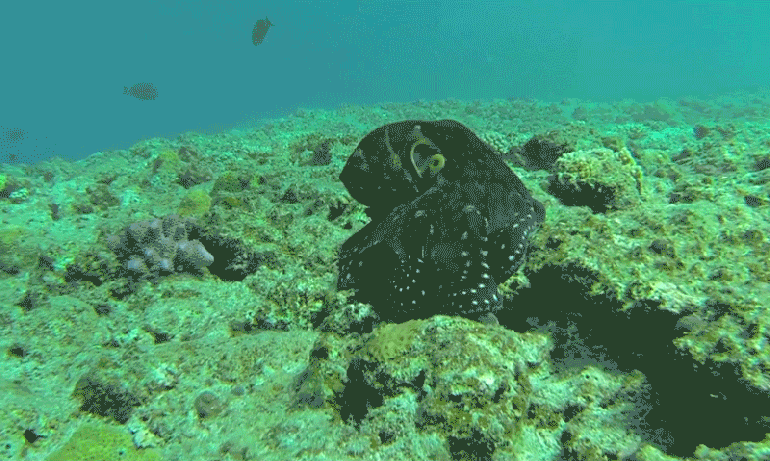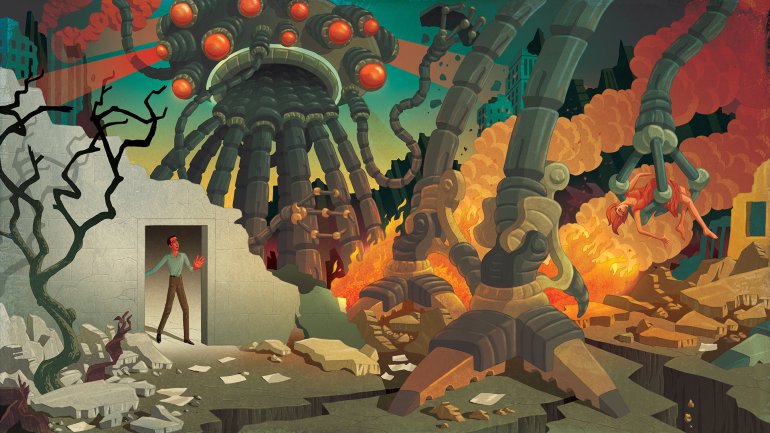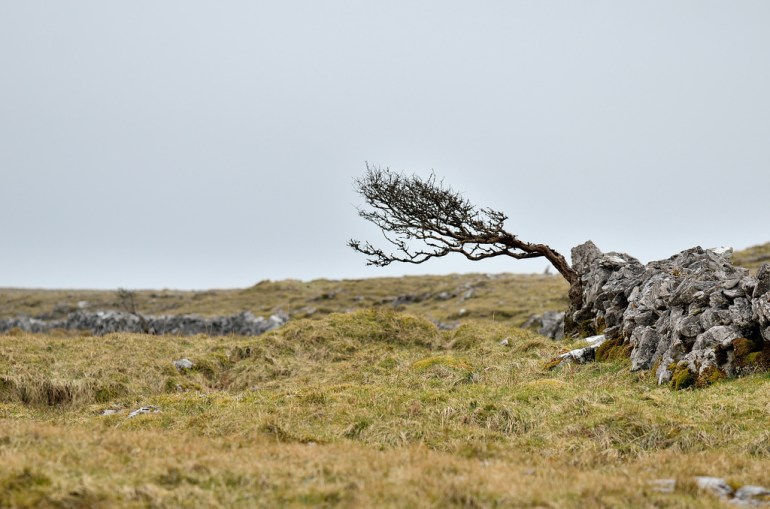
How do color-blind cephalopods — octopus, squid and others — achieve such a good color match when they camouflage? (in short: amazing, distributed brains). And what does it take to study these elusive animals in the wild? (a whole lot of patience). Marine scientist Roger Hanlon dives deeper into his research.
Today’s round-up of need-to-know stories features a rare argument in favor of Google Glass, a lyrical take on the intelligence of worms and jellyfish, and a discovery that might help explain how galaxies work.



